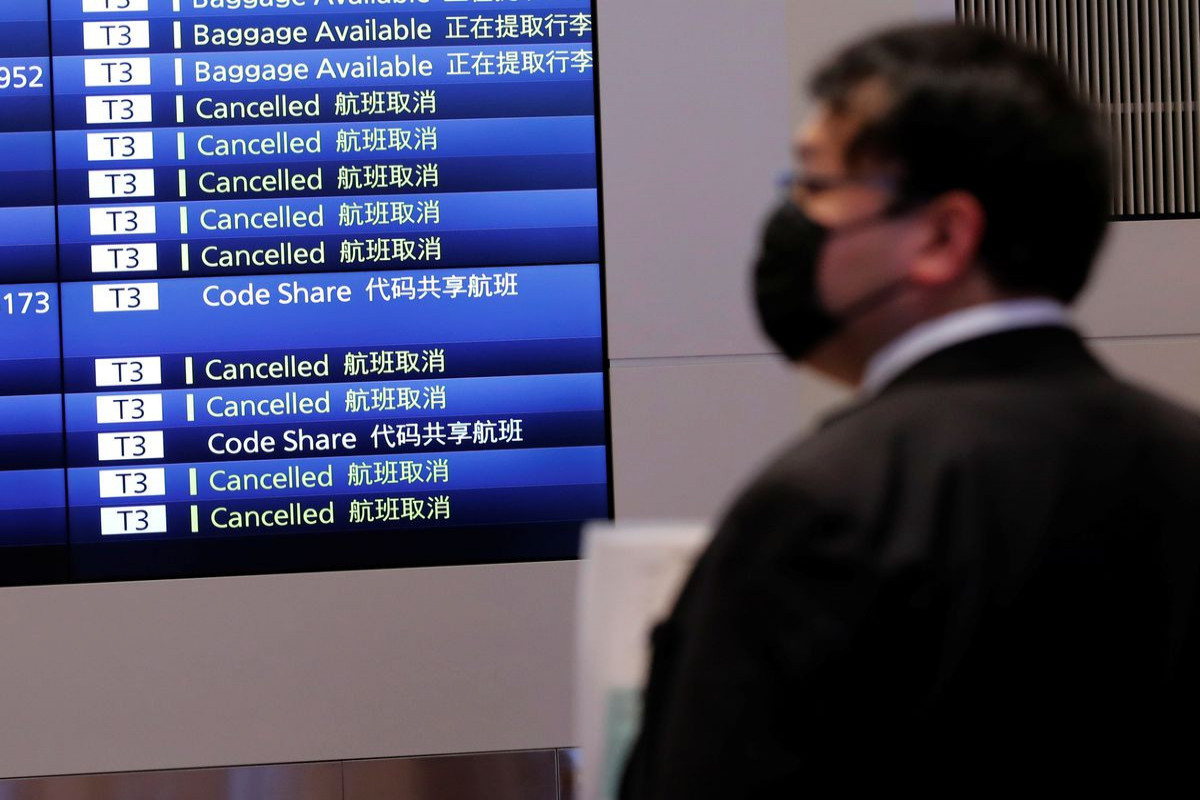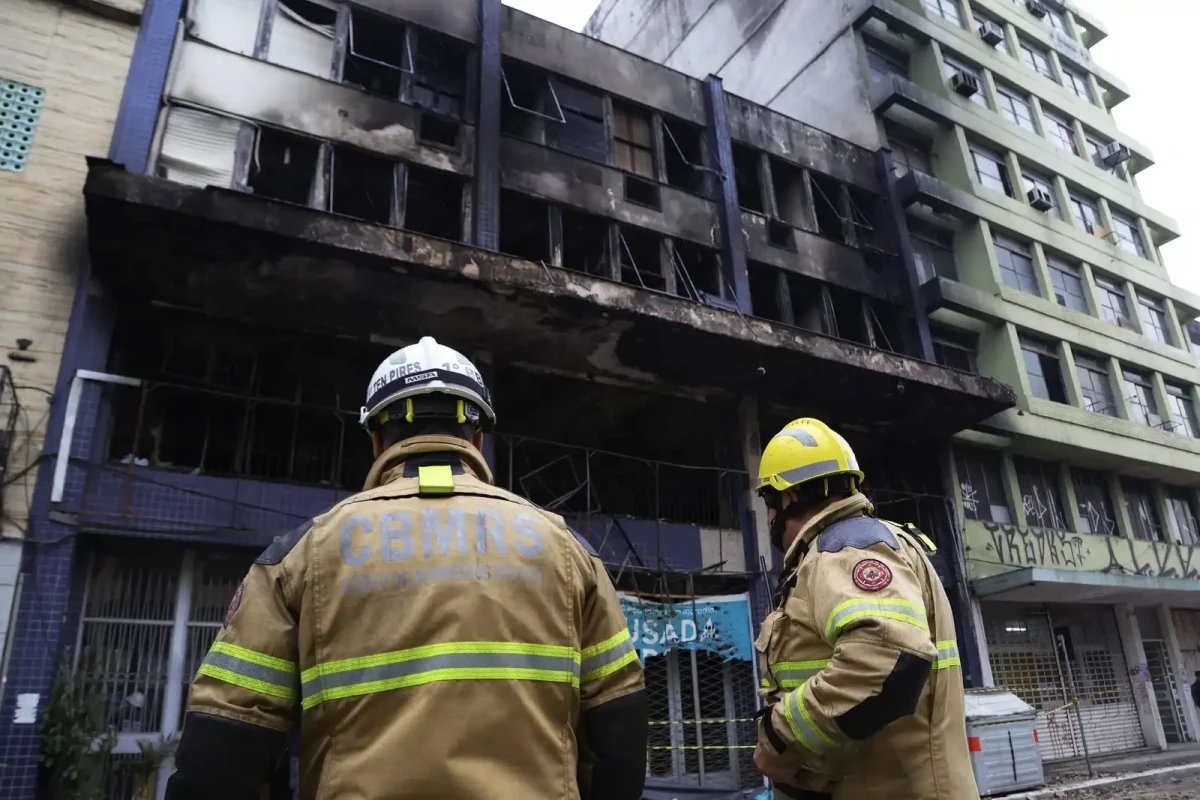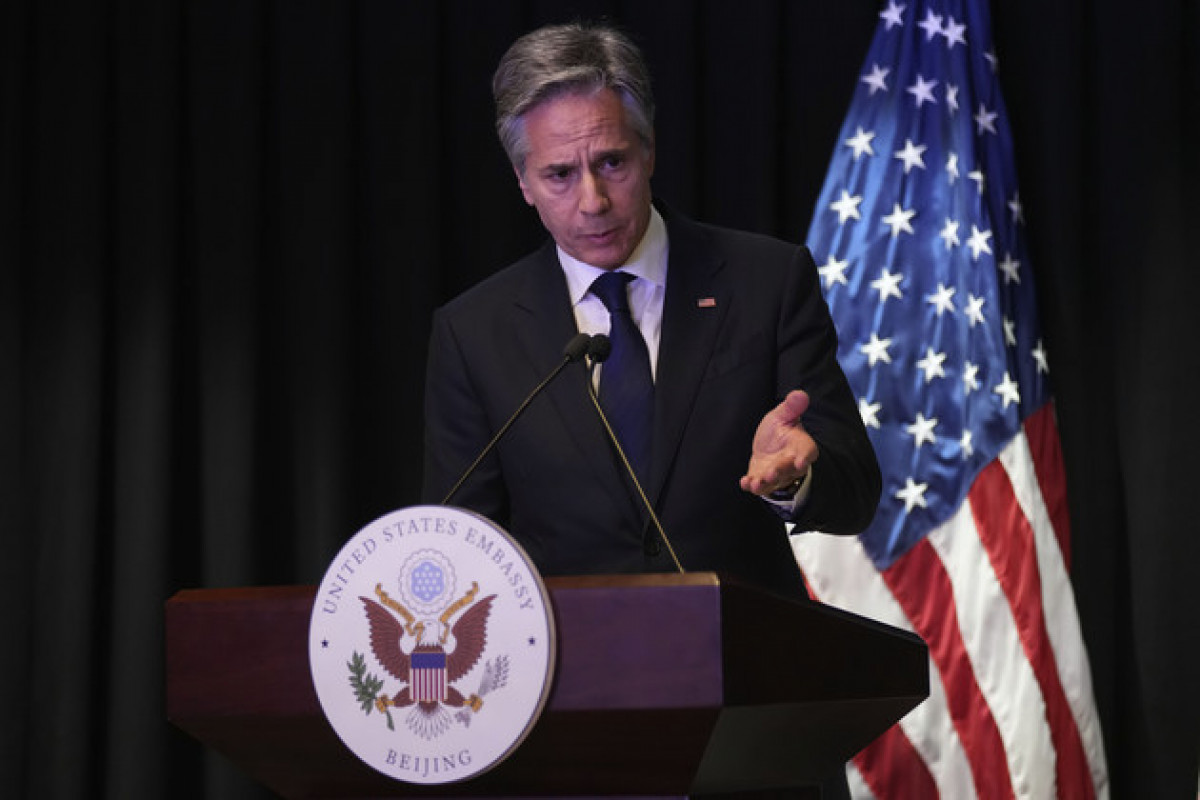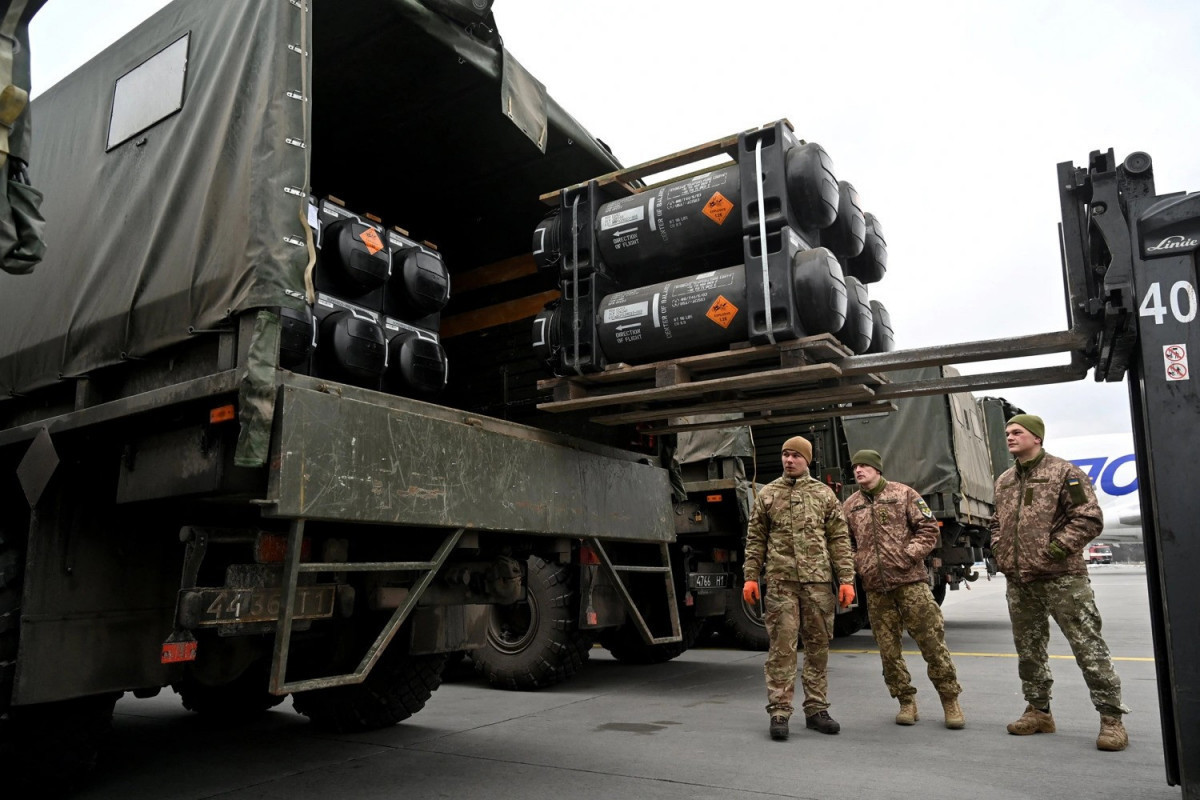The World Health Organization (WHO) said on Monday the Omicron coronavirus variant carried a very high risk of infection surges as more countries closed borders, casting a shadow over economic recovery from the two-year pandemic, APA reports quoting Reuters.
Big airlines acted swiftly to protect their hubs by curbing passenger travel from southern Africa, fearing that a spread of the new variant would trigger restrictions from other destinations beyond the immediately affected regions, industry sources said.
But shares in carriers bounced back with the rest of the market on Monday after Friday's rout as hopes grew that the variant might prove to be milder than initially feared.
President Joe Biden urged Americans not to panic and said the United States was working with pharmaceutical companies to make contingency plans if new vaccines were needed.
Biden said the country would not go back to lockdowns this winter, but urged people to get vaccinated, get their boosters and wear masks.
"This variant is a cause for concern, not a cause for panic," Biden said in remarks at the White House following a meeting with his COVID-19 team.
"We're going to fight and beat this new variant."
The WHO advised its 194 member nations that any surge in infections could have severe consequences, but said no deaths had yet been linked to the new variant.
"Omicron has an unprecedented number of spike mutations, some of which are concerning for their potential impact on the trajectory of the pandemic," the WHO said.
"The overall global risk related to the new variant of concern Omicron is assessed as very high."
Further research was needed to understand Omicron's potential to escape protection against immunity induced by vaccines and previous infections, it added.
An infectious disease expert from South Africa, where scientists first identified Omicron, said it was too early to say whether symptoms were more severe than previous variants, but it did appear to be more transmissible.
Professor Salim Abdool Karim also said existing vaccines were probably effective at stopping Omicron from causing severe illness. Scientists have said it could take weeks to understand the severity of Omicron.
South African cases were likely to exceed 10,000 a day this week, rocketing up from barely 300 a day two weeks ago, Karim added.
But South African President Cyril Ramaphosa denounced "unjustified and unscientific" travel bans that damage tourism-reliant economies. His country has said it is being punished for its scientific ability to detect new variants.







